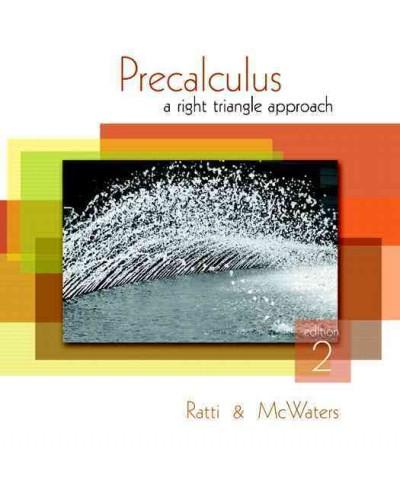Question
Can someone please help? Thank you Dr. Montgomery conducted an experiment to see if reading a message about a person prior to listening to them
Can someone please help? Thank you
Dr. Montgomery conducted an experiment to see if reading a message about a person prior to listening to them give a speech would influence evaluations of the speaker's credibility. 121 participants were randomly recruited and assigned into one of two groups: Group 1 read a positive message about the speaker and then listened to a recorded speech. Group 2 read a negative message about the speaker and then listened to the same recorded speech heard by those in Group 1. After listening to the speech, participants rated the speaker's credibility on a scale of 1 (not at all credible) to 7 (extremely credible).
Results indicated that participants assigned to Group 1 (i.e., the positive condition) gave the speaker higher credibility scores (M = 4.94, SD = .70) than participants in Group 2 (i.e., the negative attribution condition), (M = 3.15, SD = .74).
Dr. M ran an independent samples t test and obtained the following t score: t(120) = 23.78
1) What are the H1 and H0 implied by this scenario?
2) With the degrees of freedom of 120 and alpha = .05, what is the critical t value that must be met before rejecting H0?
3) Based on the critical t found for Question 2, should Dr. M retain or reject the null hypothesis? Explain your response.
Step by Step Solution
There are 3 Steps involved in it
Step: 1

Get Instant Access to Expert-Tailored Solutions
See step-by-step solutions with expert insights and AI powered tools for academic success
Step: 2

Step: 3

Ace Your Homework with AI
Get the answers you need in no time with our AI-driven, step-by-step assistance
Get Started


